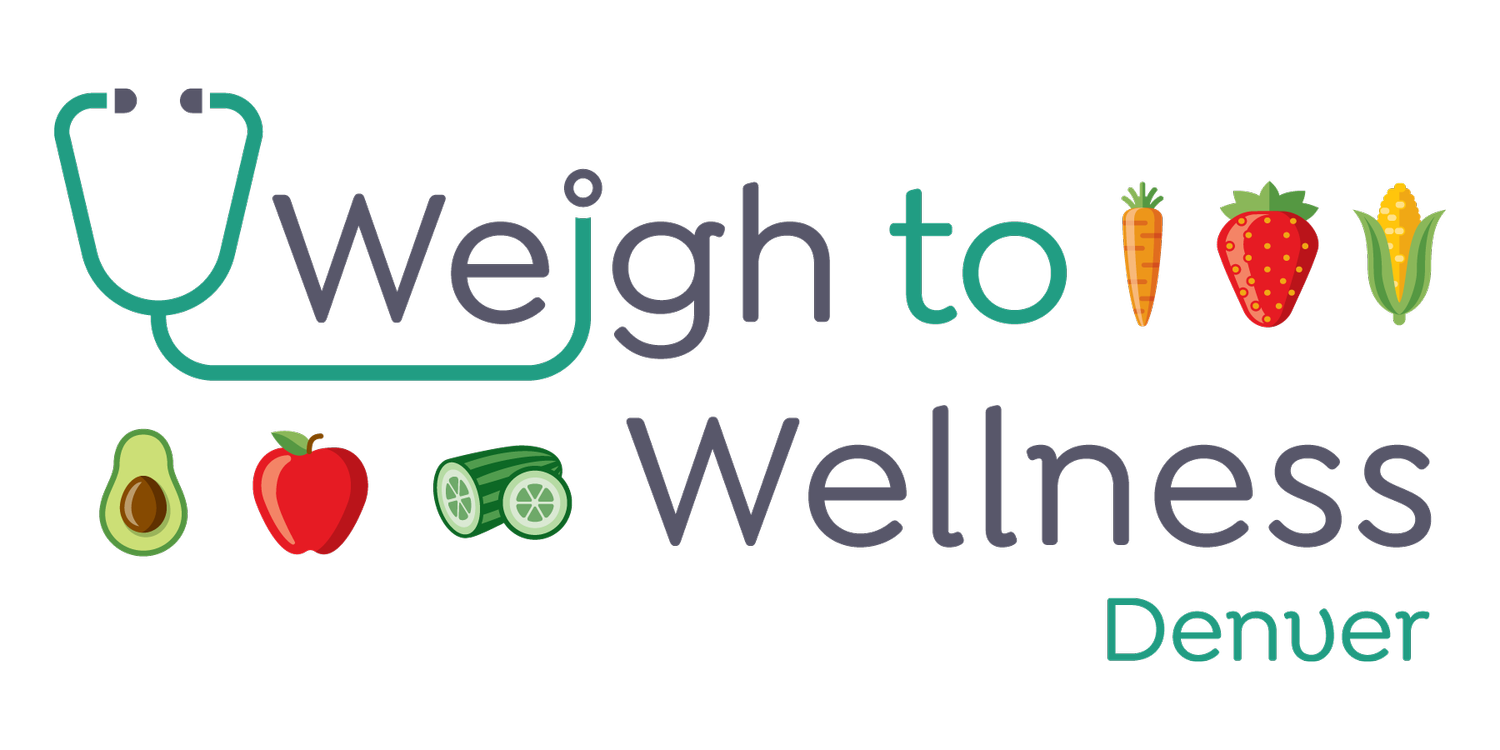Get to Know GERD
GERD is short for gastroesophageal reflux disease. GERD affects almost 30% of adults and is a chronic condition. GERD can be triggered by many things that we will discuss in this blog. In order to be diagnosed with GERD you are most likely experiencing these symptoms multiple times a week. Since GERD is something you experience regularly it therefore is not the same as acid reflux. Acid reflux causes the same symptoms but may not be experienced on a regular basis. If GERD is not treated it can lead to erosion of the esophagus and cancer. The good news is that it can be resolved with lifestyle changes and/or medications.
Signs and symptoms of GERD:
Here is a list of the most common symptoms of GERD. You don’t have to be experiencing all of these in order to be diagnosed with GERD. The severity of these symptoms can vary as well.
Upset stomach
Nausea and/or vomiting
Belching
Chest pain
Tooth erosion
Burning sensation near sternum
Difficulty swallowing
Causes of GERD:
There are many causes of GERD. It is important to determine the root cause of your acid reflux in order to get the best treatment. If it is being caused by eating trigger foods then just eliminating those foods can completely resolve the symptoms. If over eating is the issue then having more portion control can also resolve these symptoms without having to take medications or chewables.
Being overweight or obese
Hiatal hernia
Smoking
Over eating
Eating foods you are allergic or sensitive to
Wearing tight clothing
Eating foods that trigger GERD
Increased acid production in stomach
Eating too close to bedtime
Taking medications that loosen your lower esophageal sphincter: some calcium channel blockers, some pain medications, sedatives
Alcohol intake
GERD Trigger Foods:
There are certain foods that are known to increase the acid production in your stomach. If you are sensitive to these foods then the symptoms of GERD will occur soon after ingesting them.
Tomatoes
Alcoholic beverages
Chocolate
Coffee
High fat foods
Greasy and/or salty foods
Spicy foods
Peppermint
Carbonated beverages
Citrus foods
Ways to reduce occurrence of GERD:
Weight loss
Smoking cessation
Stop eating at least 1 hour before going to bed
Decrease portion size of meals
Limit alcohol intake
Do not wear restrictive clothing
Avoid GERD trigger foods
Eat smaller meals throughout the day
We hope this has helped you learn more about GERD and how to reduce your symptoms. Make an appointment with us if you feel like you want more in depth information on how to control your GERD symptoms.
